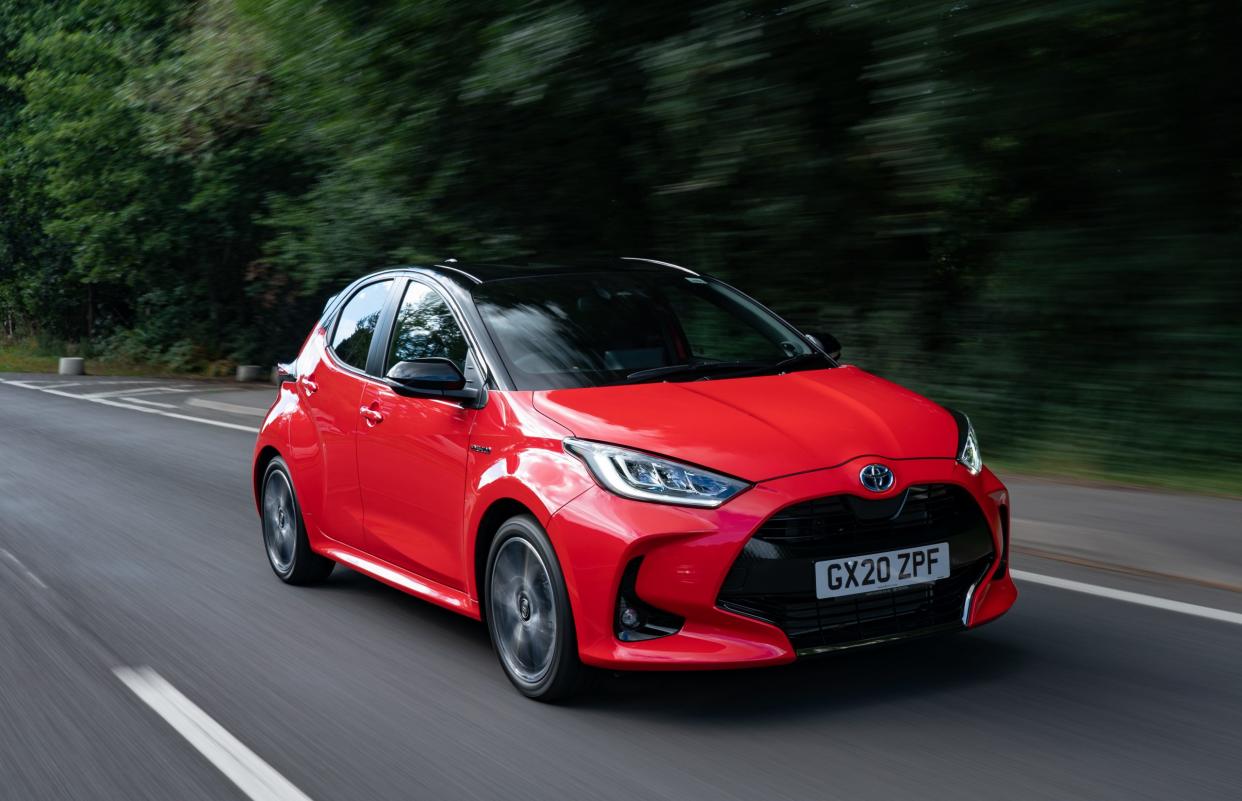Hybrids: What are they and what are the benefits of choosing one?

It’s likely that you’ve noticed that many car manufacturers have been putting greater importance on hybrids in recent months. As tougher emissions regulations come into force requiring car makers to meet stringent targets, it has meant that cars have had to become cleaner.
But what exactly is a hybrid and why should you think about making the switch to one for your next car? Let’s take a look at some of the key things you need to know.
So what exactly is a hybrid?
Essentially, a hybrid is a combination of a traditional petrol or diesel engine and an electric motor with batteries. By mating the two together, it allows less strain to be put on the engine which, in turn, means that it can return better levels of efficiency.
Certain models also bring a solely electric range which allows the vehicle to move without using the engine – only the electric batteries and motor.
I’ve seen a lot about ‘self-charging hybrids’ – what are these?

The term ‘self-charging hybrids’ is used by many manufacturers to describe cars which cannot be charged by plugging them into the mains. As such, these cars rely on the engine to provide energy for the batteries. The batteries are also topped up when slowing down through a process known as regenerative braking.
Cars like the Toyota Yaris and Honda CR-V Hybrid qualify as ‘self-charging’. They can’t offer the same electric-only range as plug-in variants but do help to return better efficiency over conventional petrol or diesel.
So how does a plug-in hybrid differ?

Plug-in hybrids offer the ability to top-up the batteries by – as the name suggests – plugging them in. This can be done via a three-pin socket at home, or through a wallbox installed outside your home. They can also be charged at public charging points should you need to.
The added benefit of a plug-in hybrid – or PHEV – is that they offer a far greater electric range than a standard hybrid. Cars like the BMW X5 xDrive45e, for instance, can travel for up to 54 miles on electric power alone.
But what’s the benefit of switching to one?

If you’re looking to lower fuel usage and pay less in tax, then a hybrid makes a great deal of sense. Many PHEVs, for instance, will return more than 100mpg when fully charged. When coupled with a fully electric range, it means that if you’re often travelling shorter distances then you’re unlikely to need the assistance of the petrol engine all that often.
You’ll be able to charge the batteries at home or via a public charger and then travel using electricity for shorter trips. Of course, over long distances you’ll have to revert to combustion power, but around town and for smaller journeys it’ll make a big difference.
What about for business car users?
It’s those people who require a company car who will see the biggest benefits. Because of the low emissions, many hybrids incur a lower rate of company car tax. The Skoda Octavia, for instance, would incur a 25 per cent BIK percentage charge for the 1.0-litre TSI SE model. Make the switch to the plug-in hybrid, and the BIK rate drops to six per cent.
Best-ever year for electric cars with battery and plug-in hybrid vehicles market share up to 10.7%.
Investment in charging infrastructure and battery gigafactories now essential to reboot industry and meet post-Brexit electrification challenge.https://t.co/UtthgtqPZgpic.twitter.com/DvDs0t1478
— SMMT (@SMMT) January 7, 2021
The savings are there to be made, that’s for sure.
But is a hybrid a worthwhile switch for all drivers?

Not necessarily. You need to think carefully about the type of driving that you do. Of course, under the current circumstances we’re all staying at home more than usual, but under normal conditions, the type of trips you conduct will have a big effect on whether or not a hybrid is worthwhile.
If you do longer journeys, for instance, then traditional petrol or diesel might still make more sense. As we’ve said, hybrids are at their best with full batteries – and once the batteries are depleted of charge, they simply aren’t as efficient. So if you’re doing long-distance drives which would quickly drain a battery, then a traditionally-powered car might still be the best choice.
However, if you’re only doing shorter journeys, then a hybrid could make a great deal of sense. If, for instance, you’re only doing around 10-15 miles of driving a day, then these could be conducted using electric power alone. You then have the safety net of a petrol or diesel engine should you want to go further afield. Charge at home and you’ll quickly see fuel savings.


